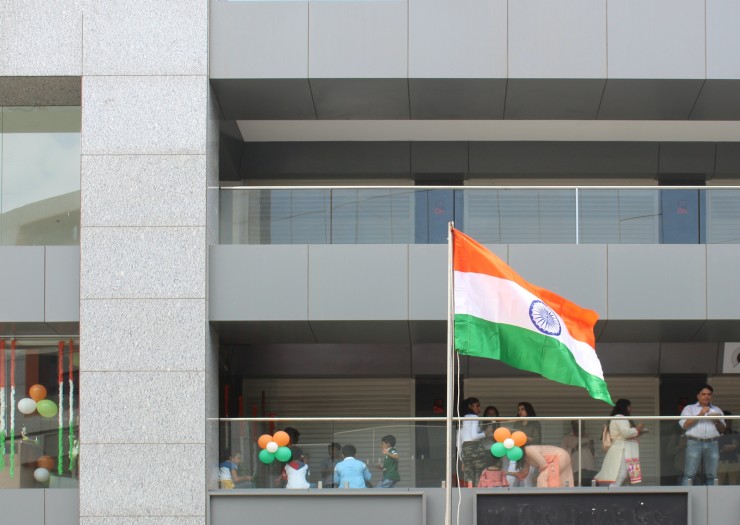
The Indian National Congress released its manifesto for the upcoming Lok Sabha elections on April 5, outlining an ambitious agenda centred around the theme of "justice" and making a slew of promises aimed at various sections of society.
Titled the 'Nyay Patra' (Document for Justice), the 45-page manifesto revolves around five pillars of justice – 'Yuva Nyay' (justice for youth), 'Naari Nyay' (justice for women), 'Kisaan Nyay' (justice for farmers), 'Shramik Nyay' (justice for workers) and 'Hissedari Nyay' (equity and ownership). It promises 25 key guarantees, including the right to apprenticeship for every diploma holder or graduate below 25 years of age, making the minimum support price (MSP) a legal right, filling 30 lakh vacancies in government posts, constitutional amendments to remove the 50% cap on reservation for Scheduled Castes (SCs), Scheduled Tribes (STs), and Other Backward Classes (OBCs), a nationwide caste census, and scrapping the Agnipath recruitment scheme for the armed forces.
One of the manifesto's major promises is the launch of the 'Mahalakshmi' scheme, which aims to provide Rs. 1 lakh (approximately £1,000) per year to every poor Indian family. It also guarantees a national minimum wage of Rs. 400 (around £4) per day and proposes an urban employment programme to guarantee work for the urban poor in infrastructure projects.
On the healthcare front, the Congress plans to adopt the 'Rajasthan Model' of cashless insurance up to Rs. 25 lakh (approximately £25,000) for universal healthcare. The manifesto also promises a new law to recognise civil unions between couples belonging to the LGBTQIA+ community.
However, the manifesto is silent on bringing back the Old Pension Scheme (OPS), a key promise made by the party in previous Assembly elections.
While launching the manifesto, former Congress chief Rahul Gandhi framed the upcoming election as a contest between those who want to "destroy" the Indian Constitution and democracy and those who want to protect it. He asserted that the election would be closely contested and that the Opposition would win the battle.
The manifesto promises to undo several key policy initiatives and promises of the BJP government if the party comes to power. It pledges to review and change all "anti-people laws" passed by the BJP/NDA government without proper parliamentary scrutiny, especially those relating to workers, farmers, criminal justice, environment and forests, and digital data protection.
It also vows to investigate the alleged electoral bonds scam, the sale of public assets, the PM CARES fund, intelligence failures, and corruption in major defence deals, including the Rafale fighter jet deal, the Pegasus spyware controversy, and demonetisation.
The Congress manifesto promises to put down hate speeches, hate crimes, and communal conflicts, immediately stop extra-judicial and illegal measures such as mob lynching, encounter killings, and "bulldozer justice", and review all laws that interfere with the right to privacy. It also pledges not to interfere with personal choices like food, dress, or the right to marry.
Unsurprisingly, the manifesto has sparked intense debate and criticism from political opponents. Reacting to the manifesto, Prime Minister Narendra Modi accused the Congress of carrying the "imprint of the Muslim League" and said that "every page reeks of breaking India", virtually equating the party to the one blamed for the Partition. BJP national president J.P. Nadda echoed similar sentiments, accusing the Congress of "reflecting the ideology of the Muslim League" in its manifesto.
Nadda specifically criticised the Congress's promise of increasing reservation beyond 50% and giving reservation on the basis of religion, alleging that it was a move to "divide the country and grab power".
The manifesto's mention of removing the present state government in Manipur and appointing a Reconciliation Commission to address the ongoing conflict has also drawn strong criticism from the Meitei Leepun, a Meitei militant group. The group's chief, Pramot Singh, asserted their duty to support the incumbent Chief Minister Biren Singh and compared the Congress's stance to the demands of the Kuki community.




